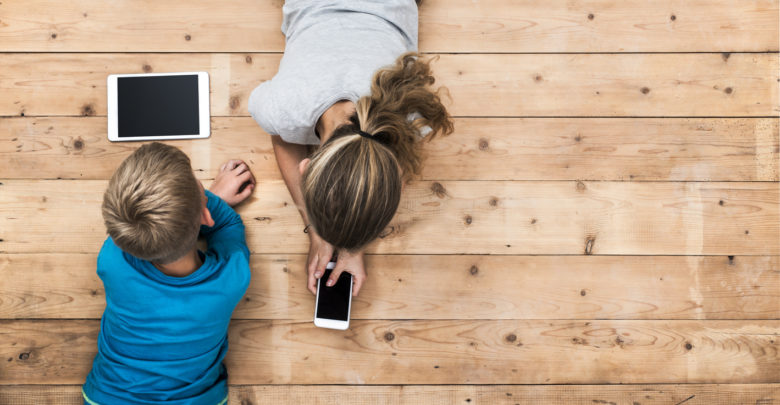Health
Screen Time For Kids Should Be Less Than Two Hours A Day To Make Them Smarter- Study
Limiting kids’ screen time likely makes them starter as it improves their brain power

The time children spend in front of screens can affect their brain power, cognitive functions, and development, a new study claims.
According to the study conducted by a team of researchers from Ontario, Canada, limiting kids’ screen time likely makes them starter as it improves their brain power.
For the purpose of the study, funded by the National Institutes of Health, the researchers surveyed more than 4,500 American children aged between 8 and 11 years. The study was conducted between 1st September 2015 and 15th September 2017. They took note of children’s lifestyle habits and how much time they spent exercising, sleeping, and watching screens on an average day. The children were also asked to fill in questionnaires and complete puzzles that measured their cognitive functions.
Other factors such as parental and child’s education, pubertal development, body mass index, ethnicity, household income and history of traumatic brain injury in the child were also taken into consideration.
At the end of the study the researchers found that children, who spent less than two hours of their free time on screens, slept for nine to 11 hours per night and had at least one hour of physical activity per night, performed better as compared to those who didn’t fall into any of those specifics.
Unfortunately, only one in 20 children were found to be meeting the recommendations. Nearly 30 percent of the children didn’t meet any of the recommended guidelines, just over 40 percent met one, and 25 percent met two.
“We found that more than two hours of recreational screen time in children was associated with poorer cognitive development,” said researcher Jeremy Walsh from CHEO Research Institute, Canada.
Walsh said behaviors and day-to-day activities contribute to brain and cognitive development in children, and physical activity, sedentary behavior, and sleep might independently and collectively affect cognition. He added that good sleep and physical activity are associated with improved academic performance, better reaction time, attention, memory, and inhibition.
The research team said they hope pediatricians, educators, lawmakers, and parents will promote limiting recreational screen time and healthy sleep schedules after going through the latest findings. Notably, more studies are required to confirm if and how exactly too much screen time can hurt children’s cognition.
The findings were published in Lancet Child & Adolescent Health.





